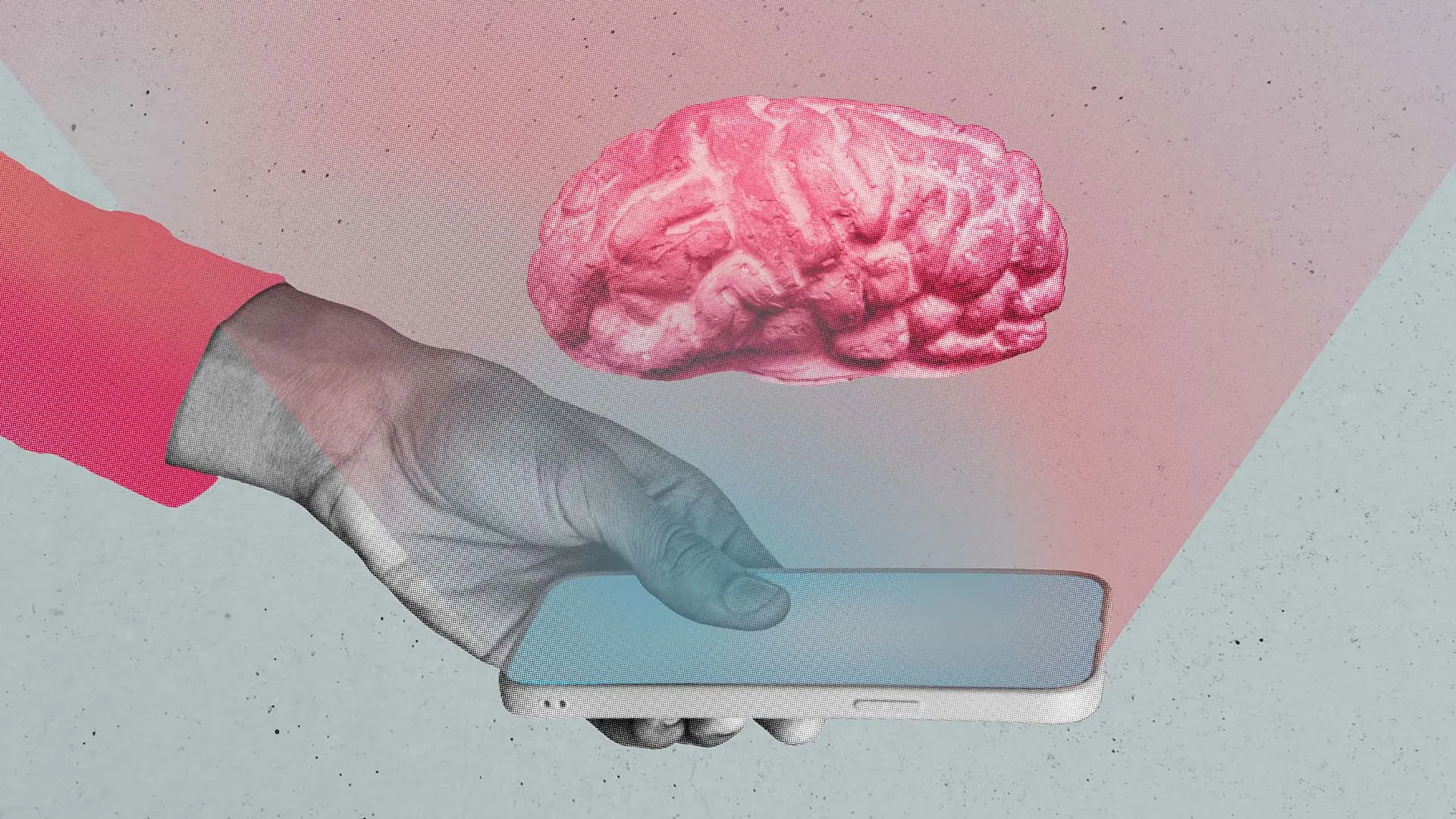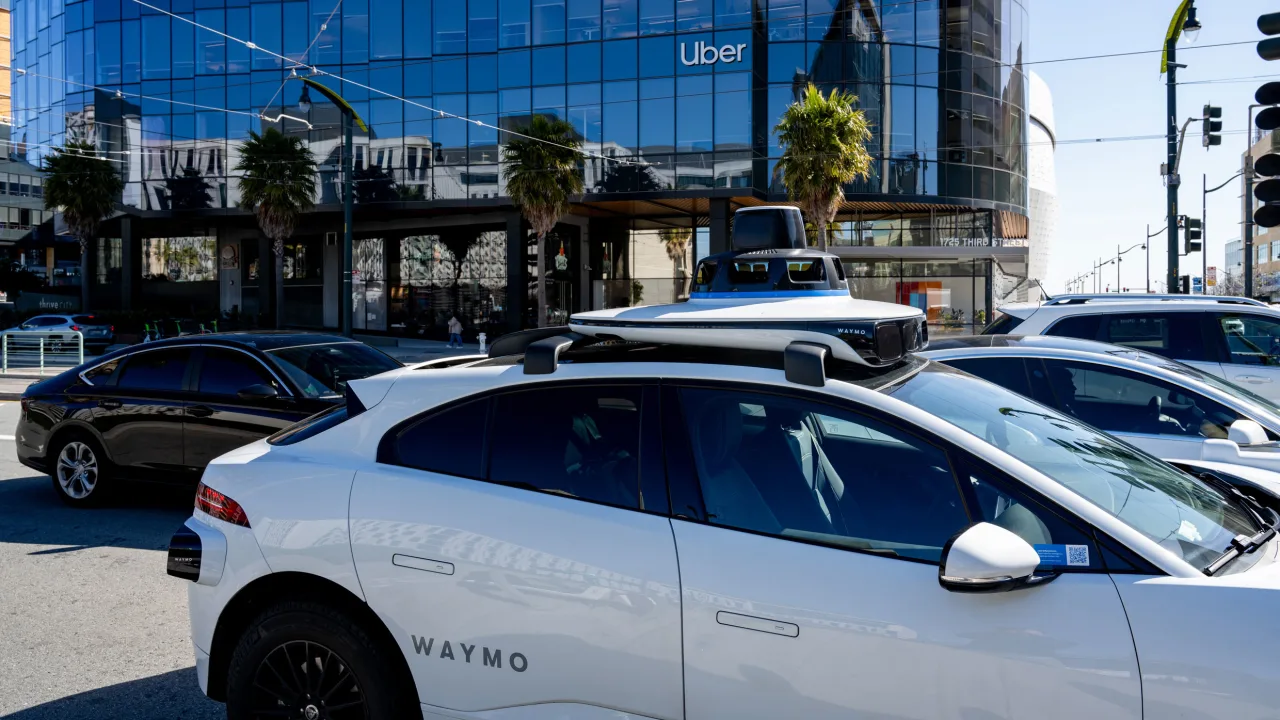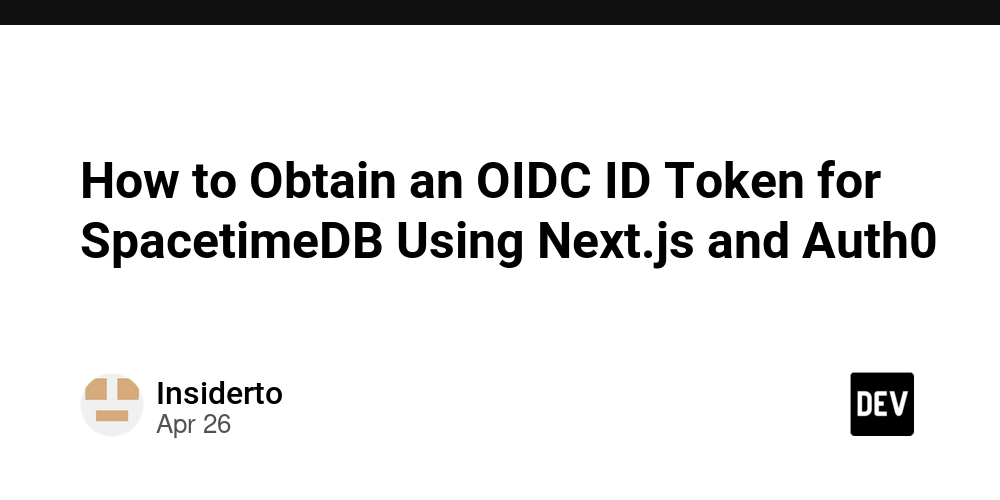Unlocking Innovation: How the AI Code Generator is Transforming Software Development in 2025
As we move into 2025, the world of software development is changing rapidly, thanks in large part to AI code generators. These tools are not just cool gadgets; they are becoming essential for developers. They help simplify coding tasks, making it easier for teams to build software faster and with fewer errors. In this article, we’ll explore why these AI code generators are so important, how to choose the right one, and what the future holds for this technology. Key Takeaways AI code generators are vital for improving productivity in software development. They help address the shortage of tech talent by streamlining coding tasks. Choosing the right AI code generator depends on specific needs like language support and integration. Security features in AI code generators are becoming more advanced and essential. The future of AI code generation will likely see more integration with other AI technologies. Why AI Code Generators Matter In 2025 It's 2025, and if you're not using an AI code generator, you're probably working way harder than you need to. Seriously, these things have gone from being a cool novelty to a must-have for any developer who wants to stay competitive. The demand for efficient coding solutions is super high right now. Key Trends Driving AI Code Generation Okay, so what's making these AI code generators so popular? A few things, really. First off, they're getting way better at understanding different programming languages. We're talking multilingual code support, so you're not stuck using just one language. They also have a much better grasp of what you're actually trying to do. It's like they can almost read your mind (almost!). Security is a big deal, and these tools are starting to come with built-in features to spot vulnerabilities and optimize your code. Plus, they play nice with the tools you're already using, like your IDE. It's a seamless IDE integration, which is great. Impact on Developer Productivity AI code generators are seriously boosting how much developers can get done. I mean, think about it: less time spent on repetitive tasks means more time for the fun stuff, like designing new features and solving complex problems. It's not about replacing developers, it's about making them super-powered. Imagine cutting down hours of repetitive coding tasks to mere minutes. That's the reality of modern AI coding assistants. Addressing Global Tech Talent Shortages Let's be real, finding good developers is tough. There just aren't enough people to fill all the open positions. AI code generators can help bridge that gap by making existing developers more productive. They can also help junior developers learn faster and contribute more quickly. It's a win-win. These tools aren't replacing developers; they're empowering them to focus on higher-level problem-solving and innovation. AI code generators are not just about writing code faster; they're about enabling developers to focus on innovation and creativity, ultimately driving better software solutions. Our Comprehensive Selection Methodology Choosing the right AI code generator can feel overwhelming, right? There are so many options popping up, each promising to be the best thing since sliced bread. We wanted to cut through the hype and give you a clear picture of what's actually worth your time. So, we put together a pretty thorough system for checking these tools out. It wasn't just about picking favorites; it was about figuring out which ones really deliver on their promises. Evaluation Criteria for AI Code Generators We looked at a bunch of different things to see how well each AI code generator worked. It wasn't enough for them to just spit out code; it had to be good code. Here's a quick rundown: Code Quality: Did the AI produce clean, efficient, and readable code? We checked for common errors and bad practices. Language Support: How many programming languages did it support, and how well did it handle each one? Integration: Could it play nice with the tools developers already use, like their IDEs? workflow integration is key. Learning Ability: Could the AI learn from past mistakes and improve over time? We wanted to see continuous improvement. Security: Did it have built-in checks for vulnerabilities and security flaws? Factors Influencing Tool Selection It wasn't just about the features; we also considered how these tools fit into real-world development scenarios. Here's what else we took into account: Ease of Use: Was the tool easy to set up and use, even for developers who aren't AI experts? Customization: Could developers tailor the AI's behavior to match their specific coding style and project requirements? Community Support: Was there a strong community of users and developers providing support and sharing tips? Cost: How did the pricing compare to the value offered, and were there an

As we move into 2025, the world of software development is changing rapidly, thanks in large part to AI code generators. These tools are not just cool gadgets; they are becoming essential for developers. They help simplify coding tasks, making it easier for teams to build software faster and with fewer errors. In this article, we’ll explore why these AI code generators are so important, how to choose the right one, and what the future holds for this technology.
Key Takeaways
- AI code generators are vital for improving productivity in software development.
- They help address the shortage of tech talent by streamlining coding tasks.
- Choosing the right AI code generator depends on specific needs like language support and integration.
- Security features in AI code generators are becoming more advanced and essential.
- The future of AI code generation will likely see more integration with other AI technologies.
Why AI Code Generators Matter In 2025
It's 2025, and if you're not using an AI code generator, you're probably working way harder than you need to. Seriously, these things have gone from being a cool novelty to a must-have for any developer who wants to stay competitive. The demand for efficient coding solutions is super high right now.
Key Trends Driving AI Code Generation
Okay, so what's making these AI code generators so popular? A few things, really.
- First off, they're getting way better at understanding different programming languages. We're talking multilingual code support, so you're not stuck using just one language.
- They also have a much better grasp of what you're actually trying to do. It's like they can almost read your mind (almost!).
- Security is a big deal, and these tools are starting to come with built-in features to spot vulnerabilities and optimize your code.
- Plus, they play nice with the tools you're already using, like your IDE. It's a seamless IDE integration, which is great.
Impact on Developer Productivity
AI code generators are seriously boosting how much developers can get done. I mean, think about it: less time spent on repetitive tasks means more time for the fun stuff, like designing new features and solving complex problems. It's not about replacing developers, it's about making them super-powered. Imagine cutting down hours of repetitive coding tasks to mere minutes. That's the reality of modern AI coding assistants.
Addressing Global Tech Talent Shortages
Let's be real, finding good developers is tough. There just aren't enough people to fill all the open positions. AI code generators can help bridge that gap by making existing developers more productive. They can also help junior developers learn faster and contribute more quickly. It's a win-win. These tools aren't replacing developers; they're empowering them to focus on higher-level problem-solving and innovation.
AI code generators are not just about writing code faster; they're about enabling developers to focus on innovation and creativity, ultimately driving better software solutions.
Our Comprehensive Selection Methodology
Choosing the right AI code generator can feel overwhelming, right? There are so many options popping up, each promising to be the best thing since sliced bread. We wanted to cut through the hype and give you a clear picture of what's actually worth your time. So, we put together a pretty thorough system for checking these tools out. It wasn't just about picking favorites; it was about figuring out which ones really deliver on their promises.
Evaluation Criteria for AI Code Generators
We looked at a bunch of different things to see how well each AI code generator worked. It wasn't enough for them to just spit out code; it had to be good code. Here's a quick rundown:
- Code Quality: Did the AI produce clean, efficient, and readable code? We checked for common errors and bad practices.
- Language Support: How many programming languages did it support, and how well did it handle each one?
- Integration: Could it play nice with the tools developers already use, like their IDEs? workflow integration is key.
- Learning Ability: Could the AI learn from past mistakes and improve over time? We wanted to see continuous improvement.
- Security: Did it have built-in checks for vulnerabilities and security flaws?
Factors Influencing Tool Selection
It wasn't just about the features; we also considered how these tools fit into real-world development scenarios. Here's what else we took into account:
- Ease of Use: Was the tool easy to set up and use, even for developers who aren't AI experts?
- Customization: Could developers tailor the AI's behavior to match their specific coding style and project requirements?
- Community Support: Was there a strong community of users and developers providing support and sharing tips?
- Cost: How did the pricing compare to the value offered, and were there any hidden fees or limitations?
Importance of User Feedback
Real-world feedback is invaluable. We didn't just rely on our own testing; we also gathered feedback from developers who are actually using these tools every day. We looked at reviews, forum discussions, and case studies to get a sense of what people really thought. We also considered AI code generation ratings.
This user feedback helped us identify the strengths and weaknesses of each tool, and it played a big role in our final rankings. It's one thing for a tool to look good on paper, but it's another thing entirely for it to actually make a difference in a developer's workflow.
Top AI Code Generators: Detailed Reviews
GitHub Copilot X: The Industry Standard
GitHub Copilot X is pretty much the standard these days. It's powered by OpenAI's GPT models, and it's become a must-have for many developers. It's not just some experiment anymore; people actually rely on it. It's got some cool features:
- Context-Aware Code Completion: It gets the project context with impressive accuracy.
- Multi-Language Support: Works well with over 20 programming languages.
- Enhanced Security Features: Includes built-in vulnerability detection.
BytePlus ModelArk: A PaaS Solution
BytePlus ModelArk is a Platform-as-a-Service (PaaS) solution that's been gaining traction. It's designed to help teams manage and deploy AI models, including those used for code generation. It's especially useful if you're dealing with a lot of different models and need a central place to keep track of them. It offers:
- Model Management: Tools for versioning, testing, and deploying models.
- Scalability: Designed to handle large-scale deployments.
- Integration: Works with various development environments.
Emerging Tools to Watch
There are always new AI code generators popping up. Here are a few that are worth keeping an eye on:
- Qodo Gen: Known for its speed and ease of use.
- Amazon Q Developer: Aims to integrate deeply with AWS services.
- Tabnine: Focuses on privacy and security.
It's important to remember that while these tools can be incredibly helpful, they're not a replacement for skilled developers. They're meant to augment your abilities, not replace them entirely. You still need to understand the code they generate and be able to debug it when things go wrong. Don't blindly trust the AI; always double-check its work.
Here's a quick comparison table:
| Feature | GitHub Copilot X | BytePlus ModelArk | Qodo Gen |
|---|---|---|---|
| Code Completion | Excellent | Good | Fair |
| Model Management | Limited | Excellent | N/A |
| Security Features | Good | Good | Basic |
| Language Support | Wide | Varies | Limited |
| Ease of Use | Moderate | Complex | Easy |
Enhancing Software Development Workflows
AI code generators are really changing how software gets made. It's not just about writing code faster; it's about making the whole process smoother and more efficient. Let's look at how these tools are improving things.
Streamlining Code Writing Processes
AI code generators are making it easier to write code. Instead of starting from scratch, developers can use AI to generate code snippets or even entire functions. This speeds things up and reduces the amount of repetitive work. Think of it like having a super-smart assistant who knows all the coding patterns and can quickly put together the basic structure, letting you focus on the more complex parts. This is especially helpful for tasks that involve a lot of boilerplate code or standard algorithms. For example, using top AI code generators can significantly cut down on the time spent on routine coding tasks.
Reducing Debugging Time
Debugging can be a huge time sink. AI code generators can help here too. Many of these tools come with built-in features that check for errors as you code. They can spot potential bugs and suggest fixes before you even run the code. This means fewer errors make it into the later stages of development, which can save a ton of time and frustration. It's like having a second pair of eyes that never gets tired of looking for mistakes. Plus, some AI tools can even help you understand existing code, making it easier to find and fix bugs in legacy systems. Here's a quick look at how debugging time can be reduced:
- Real-time error detection
- Automated code review
- Suggestions for code optimization
Facilitating Collaboration Among Teams
AI code generators can also improve how teams work together. By providing a common platform for code generation and review, these tools can help ensure that everyone is on the same page. They can also automate some of the more tedious aspects of collaboration, such as code formatting and documentation. This frees up developers to focus on more important things, like designing and building great software. Collaboration becomes easier when everyone uses the same tools and follows the same standards. The ability to reference files directly within the IDE can also improve team collaboration.
AI code generators are not just about writing code faster; they're about making the whole development process more efficient and collaborative. By automating routine tasks and providing real-time feedback, these tools can help developers focus on what they do best: creating innovative software solutions.
Security Features of AI Code Generators
AI code generators are becoming more common, and one thing people always ask about is security. How safe is the code that these things spit out? It's a valid question, and something the developers of these tools are working hard to address. Let's look at some of the ways AI code generators are trying to keep your projects secure.
Built-In Vulnerability Detection
Many AI code generators now come with built-in tools to scan for common security problems. These tools can automatically check the generated code for things like SQL injection vulnerabilities, cross-site scripting (XSS) flaws, and other well-known issues. It's like having a security expert constantly looking over the AI's shoulder. Of course, it's not perfect, but it's a good first line of defense. It's important to remember that these tools are not a replacement for human review, but they can help catch a lot of the low-hanging fruit.
Code Optimization Techniques
Security isn't just about finding vulnerabilities; it's also about writing code that's efficient and less prone to errors. AI code generators can help with this by optimizing the code they produce. This might involve:
- Reducing code complexity
- Using more secure coding practices
- Minimizing the attack surface
By generating cleaner, more efficient code, these tools can indirectly improve the security of your applications. It's all about reducing the chances of something going wrong in the first place.
Compliance with Industry Standards
For many projects, especially in regulated industries, compliance with security standards is a must. AI code generators are starting to incorporate features that help ensure the generated code meets these requirements. This could involve:
- Following secure coding guidelines (like OWASP)
- Generating code that's compatible with specific security frameworks
- Providing documentation to help with compliance audits
It's important to remember that AI code generators are still tools. They can help you write code faster and potentially more securely, but they're not a magic bullet. You still need to understand security principles and review the generated code carefully. Don't blindly trust the AI; always verify.
Here's a simple table showing how different AI code generators might handle security compliance:
| Feature | AI Code Generator A | AI Code Generator B | AI Code Generator C |
|---|---|---|---|
| OWASP Compliance | Yes | Partial | No |
| Vulnerability Scanning | Built-in | Add-on | Manual |
| Data Privacy Compliance | Yes | Yes | Partial |
Future Trends in AI Code Generation
It's wild to think about where AI code generation is headed. Right now, it's already pretty useful, but the next few years promise some serious upgrades. We're talking about AI that's not just spitting out code, but really understanding what we want and adapting to how we work. It's going to be interesting to see how it all unfolds.
Integration with Other AI Technologies
AI code generators won't exist in a vacuum. They'll be tightly integrated with other AI tools, like those for testing, debugging, and project management. Imagine an AI that not only writes the code but also automatically tests it and flags potential issues, all while keeping the project on track. That's the kind of synergy we can expect. For example, AI-driven project management tools could use code generator outputs to dynamically adjust timelines and resource allocation. This level of integration will lead to faster development cycles and fewer errors. The best AI tools will be the ones that play well with others.
Evolution of User Interfaces
The way we interact with AI code generators is also set to change. Forget clunky interfaces and complicated prompts. We're moving towards more natural, intuitive interactions. Think voice commands, drag-and-drop interfaces, and even AI that can infer your intent from sketches or diagrams.
- Voice-activated coding
- Visual programming interfaces
- AI-powered intent recognition
The goal is to make AI code generation accessible to everyone, regardless of their coding experience. The easier it is to use, the more people will adopt it, and the bigger the impact will be.
Potential for Customization and Personalization
Generic code generation is so last year. The future is all about customization. AI code generators will learn your coding style, your project preferences, and even your individual quirks. They'll be able to generate code that's not only functional but also tailored to your specific needs and preferences. This includes:
- Personalized code templates
- Adaptive coding styles
- Project-specific recommendations
This level of personalization will make developers more efficient and productive, allowing them to focus on the creative aspects of software development. The GPT models will be able to learn from your past projects and suggest code snippets that are relevant to your current task. This will save you time and effort, and it will also help you to write better code.
Challenges and Limitations of AI Code Generators
AI code generators are pretty cool, but let's be real, they aren't perfect. It's important to understand where they fall short so we can use them effectively and not get burned. They're tools, not magic wands, and like any tool, they have their limits.
Understanding Complex Coding Contexts
One of the biggest hurdles for AI code generators is grasping the nuances of a project. They can struggle with understanding the overall architecture, specific business logic, or even just the coding style that a team has adopted. It's like asking someone to write a chapter of a book without reading the previous ones – they might get the words right, but the story won't quite fit. This is where human developers still shine, bringing that crucial contextual awareness to the table. For example, an AI might generate syntactically correct code, but it could be completely wrong in the context of the application's requirements. This is why AI code generators need careful oversight.
Dependence on Quality of Input Data
AI models are only as good as the data they're trained on. If the training data is biased, incomplete, or just plain bad, the AI will reflect those flaws in its output. Think of it like teaching a kid – if you give them wrong information, they'll repeat it. This means that the quality of code generated depends heavily on the quality and diversity of the datasets used to train the AI.
Here's a quick breakdown:
- Data Bias: Skewed datasets lead to biased code.
- Data Completeness: Incomplete data results in gaps in functionality.
- Data Accuracy: Inaccurate data produces buggy code.
Ethical Considerations in AI Development
There are some serious ethical questions that come up when we talk about AI code generation. Who owns the code that the AI creates? What if the AI generates code that infringes on someone else's copyright? And what about the potential for job displacement as AI takes over more coding tasks? These are tough questions with no easy answers, and we need to start thinking about them now before things get too crazy. It's not just about the tech; it's about the impact on people and society. We need to consider the ethical implications of AI.
Wrapping Up: The Future of Coding with AI
As we wrap things up, it's clear that AI code generators are changing the game in software development. They’re not just fancy tools; they’re becoming a must-have for anyone in the field. Developers can save time, reduce mistakes, and focus on the creative parts of coding instead of getting bogged down in repetitive tasks. Whether you're a pro or just starting out, these AI tools can help you work smarter. So, if you haven’t tried one yet, now’s the time to dive in and see how they can boost your coding experience. The future is bright, and it’s powered by AI.
Frequently Asked Questions
What are AI code generators?
AI code generators are tools that use artificial intelligence to help developers write code more quickly and accurately. They can suggest code snippets, complete lines of code, and even debug errors.
How do AI code generators improve productivity?
By automating repetitive coding tasks, AI code generators allow developers to focus on more complex problems. This saves time and reduces the chances of making mistakes.
Are AI code generators replacing human developers?
No, AI code generators are not replacing developers. Instead, they are designed to assist developers, helping them work faster and more efficiently.
What should I look for in an AI code generator?
When choosing an AI code generator, consider factors like the programming languages it supports, how well it integrates with your existing tools, and its security features.
Can AI code generators help with debugging?
Yes, many AI code generators include features that can identify and suggest fixes for errors in your code, making debugging easier.
What are some challenges of using AI code generators?
Some challenges include understanding complex coding situations, relying on high-quality input data, and addressing ethical concerns related to AI development.


































































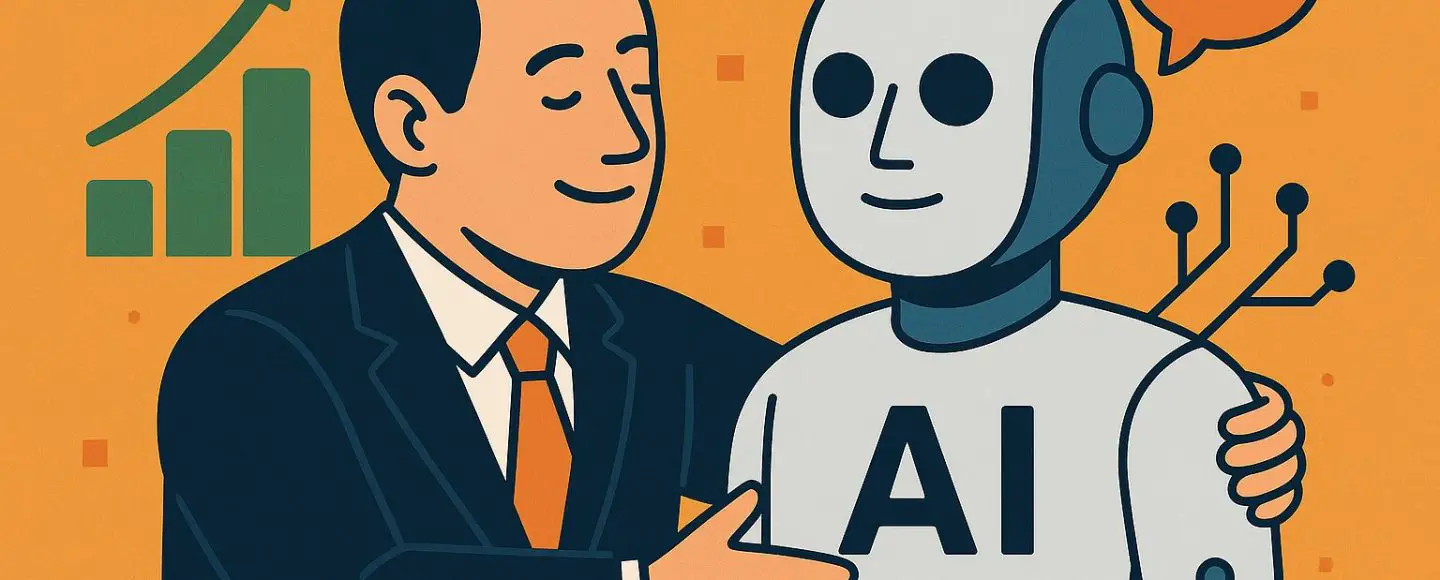







































































































![[The AI Show Episode 146]: Rise of “AI-First” Companies, AI Job Disruption, GPT-4o Update Gets Rolled Back, How Big Consulting Firms Use AI, and Meta AI App](https://www.marketingaiinstitute.com/hubfs/ep%20146%20cover.png)














































































































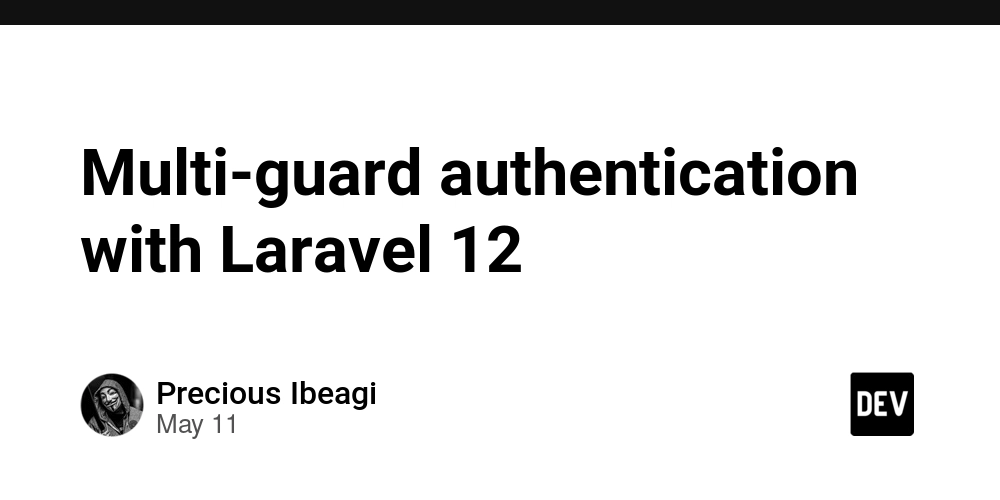













![[FREE EBOOKS] Offensive Security Using Python, Learn Computer Forensics — 2nd edition & Four More Best Selling Titles](https://www.javacodegeeks.com/wp-content/uploads/2012/12/jcg-logo.jpg)



![Ditching a Microsoft Job to Enter Startup Purgatory with Lonewolf Engineer Sam Crombie [Podcast #171]](https://cdn.hashnode.com/res/hashnode/image/upload/v1746753508177/0cd57f66-fdb0-4972-b285-1443a7db39fc.png?#)



























































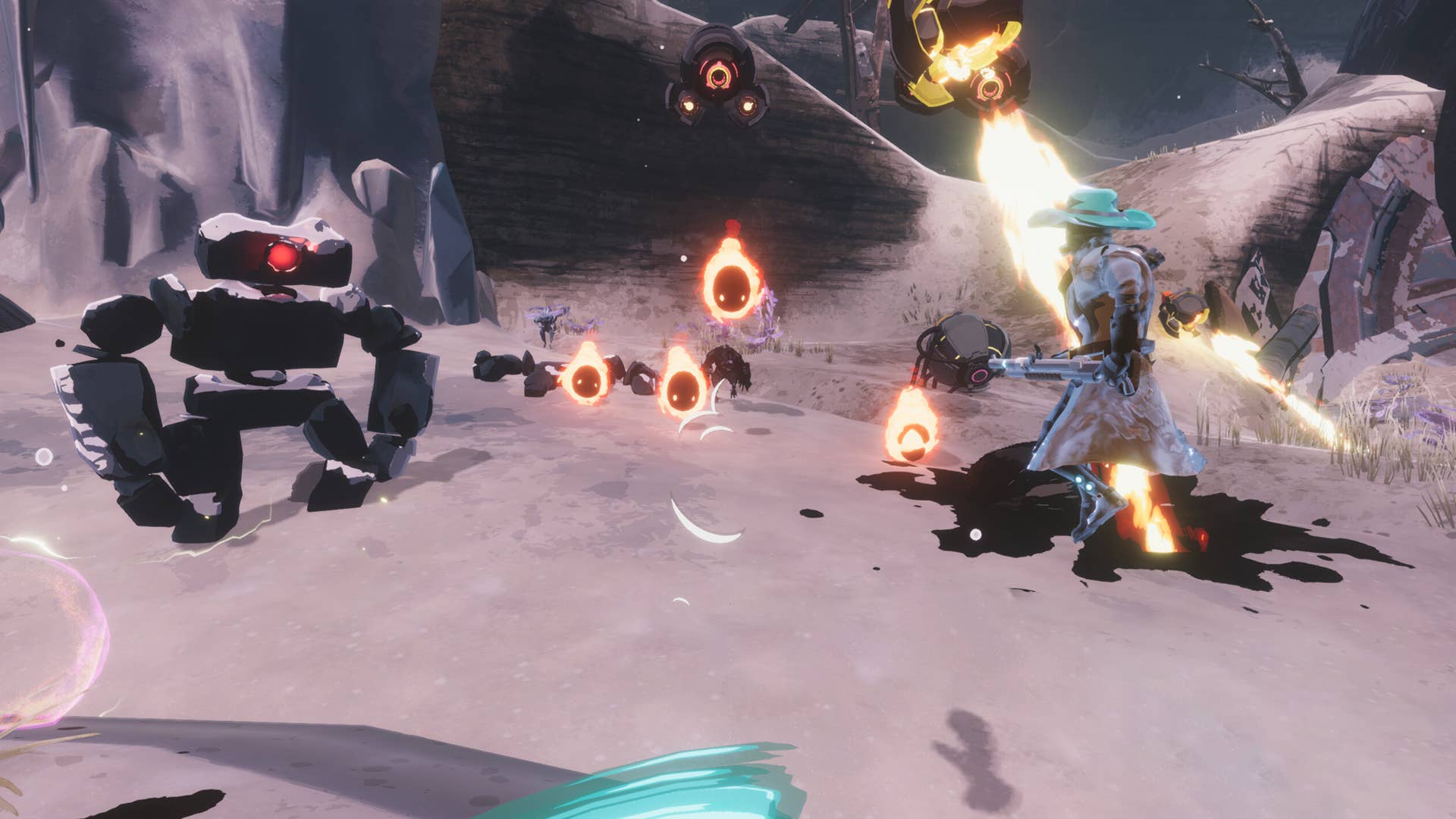



































































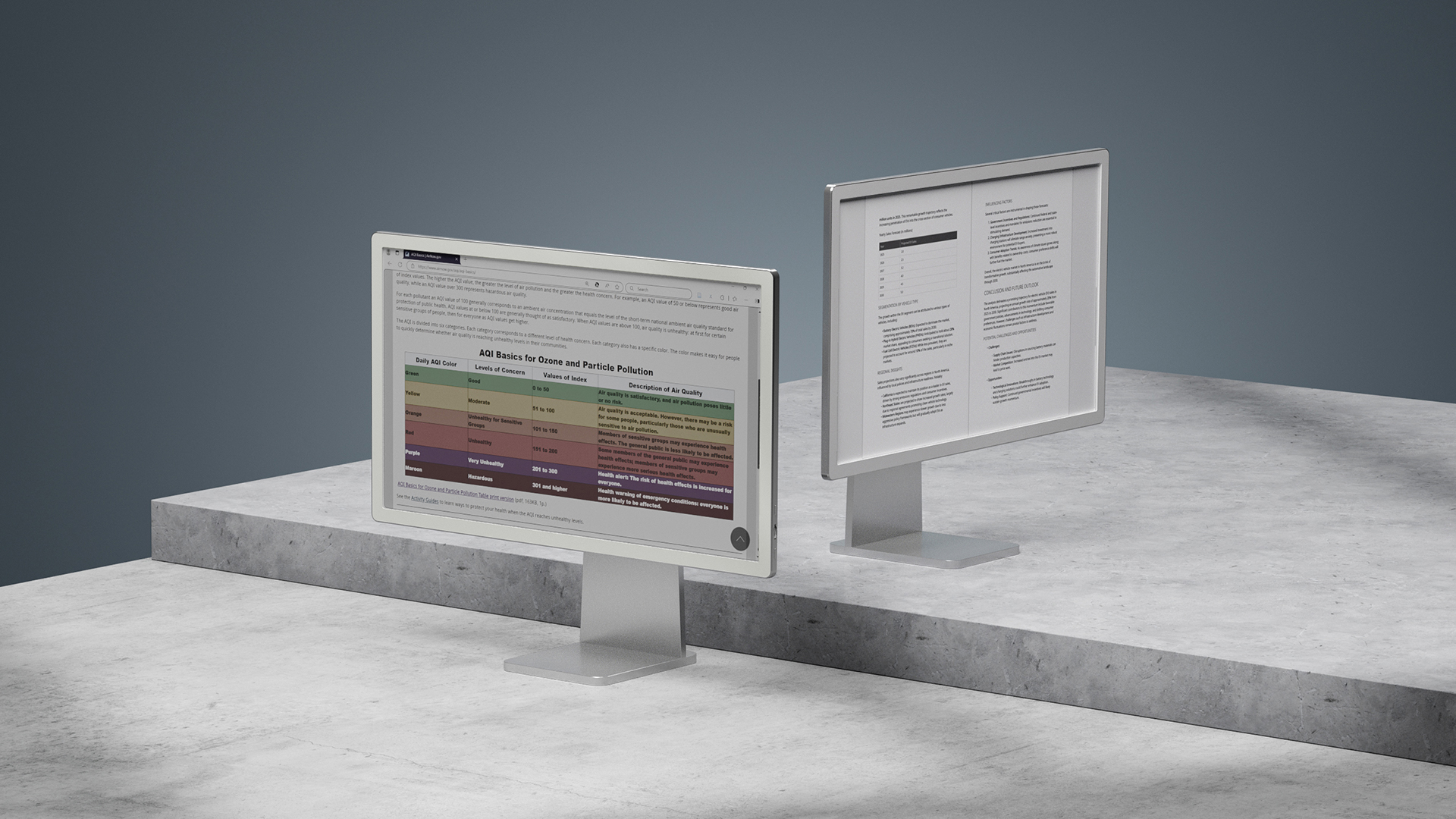
































































































-xl.jpg)





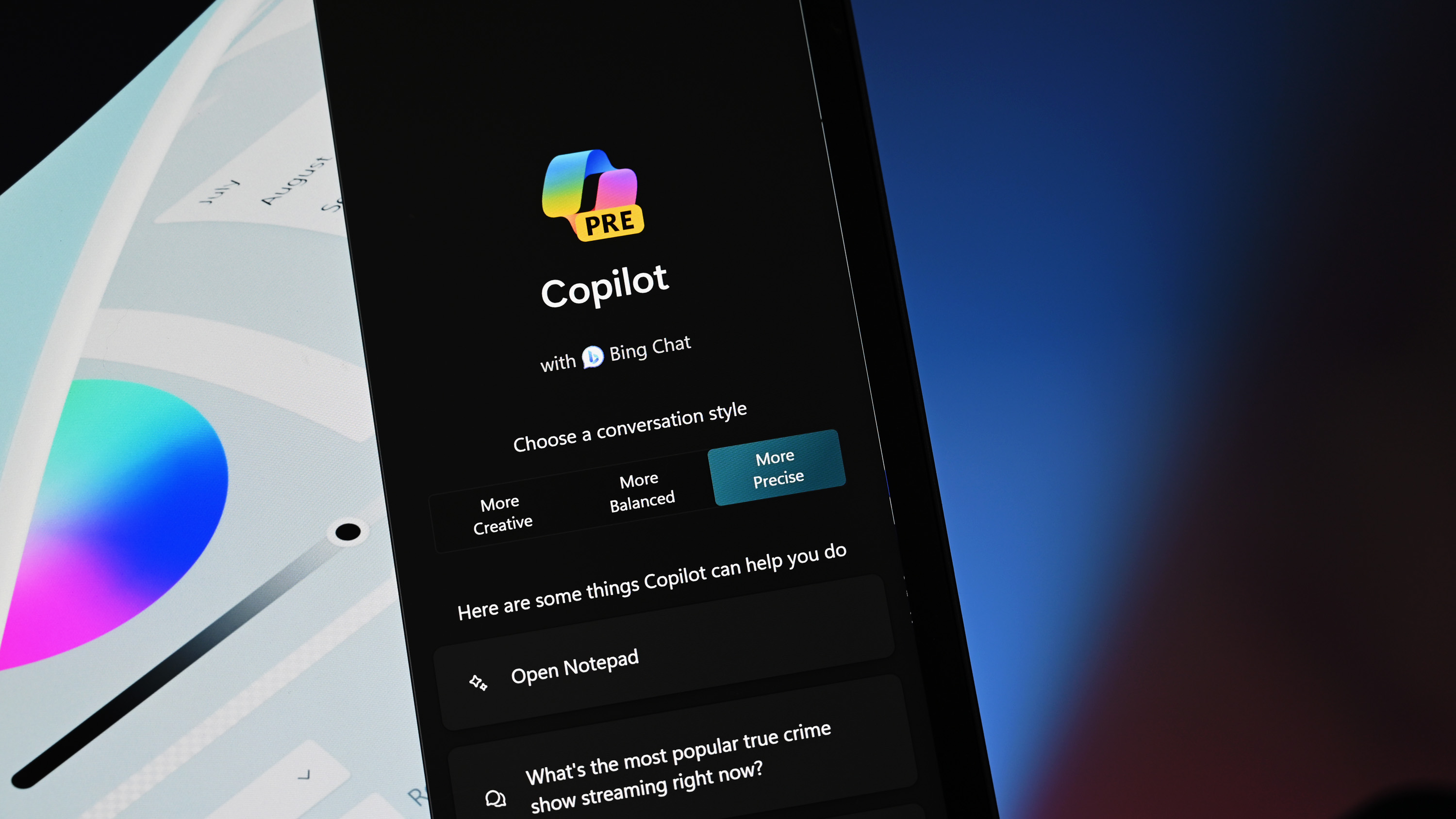


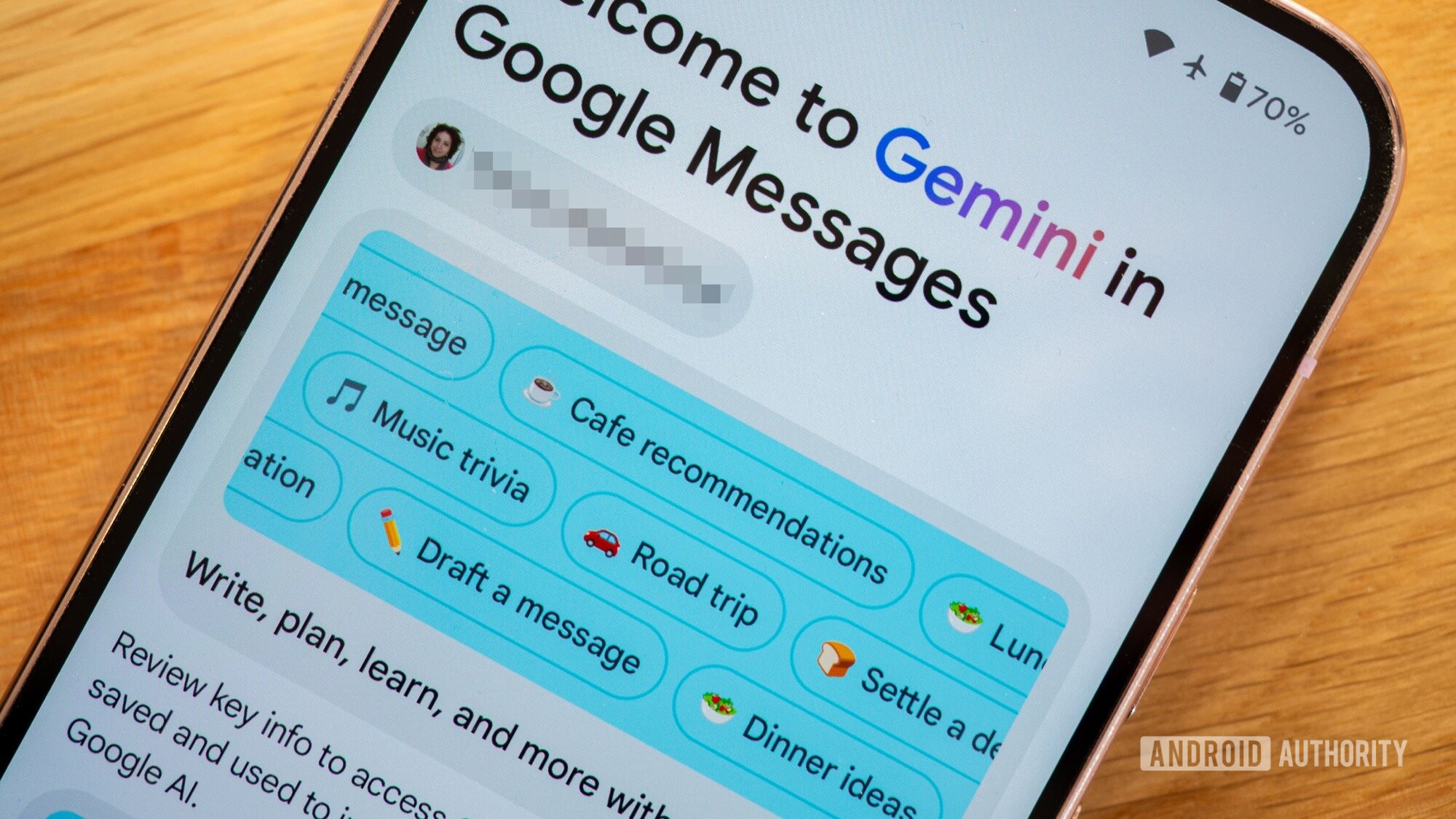




![As Galaxy Watch prepares a major change, which smartwatch design to you prefer? [Poll]](https://i0.wp.com/9to5google.com/wp-content/uploads/sites/4/2024/07/Galaxy-Watch-Ultra-and-Apple-Watch-Ultra-1.jpg?resize=1200%2C628&quality=82&strip=all&ssl=1)













![Apple M4 iMac Drops to New All-Time Low Price of $1059 [Deal]](https://www.iclarified.com/images/news/97281/97281/97281-640.jpg)
![Beats Studio Buds + On Sale for $99.95 [Lowest Price Ever]](https://www.iclarified.com/images/news/96983/96983/96983-640.jpg)

![New iPad 11 (A16) On Sale for Just $277.78! [Lowest Price Ever]](https://www.iclarified.com/images/news/97273/97273/97273-640.jpg)

















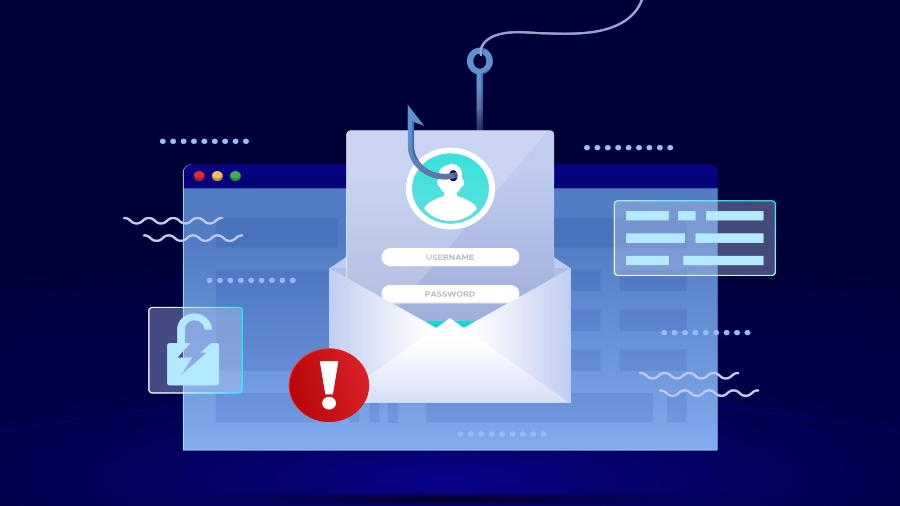




















![Apple's 11th Gen iPad Drops to New Low Price of $277.78 on Amazon [Updated]](https://images.macrumors.com/t/yQCVe42SNCzUyF04yj1XYLHG5FM=/2500x/article-new/2025/03/11th-gen-ipad-orange.jpeg)



![[Exclusive] Infinix GT DynaVue: a Prototype that could change everything!](https://www.gizchina.com/wp-content/uploads/images/2025/05/Screen-Shot-2025-05-10-at-16.07.40-PM-copy.png)































